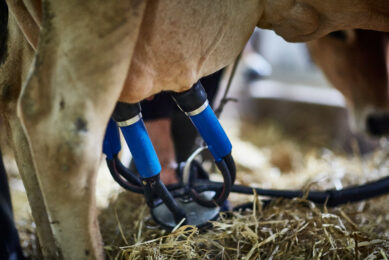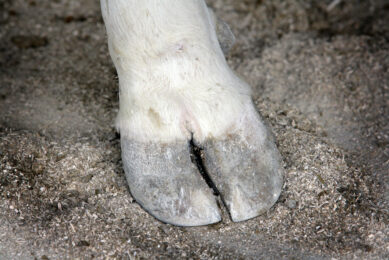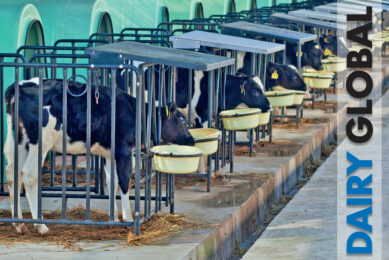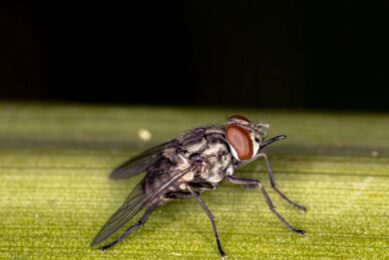Russia trials mastitis vaccine
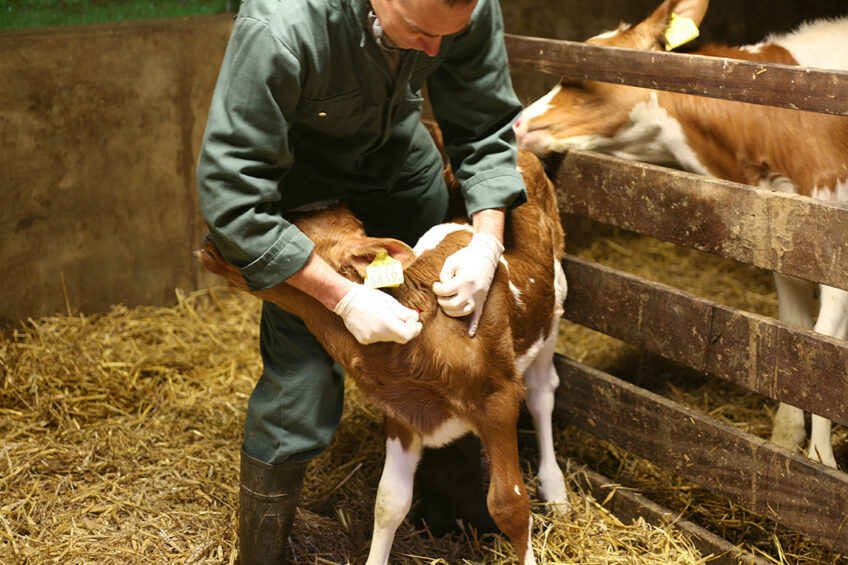
Russian scientists have commenced field trials of Mastivak, the country’s first vaccine against mastitis. The vaccine was developed by the VNIIZZH, the scientific branch of the Russian veterinary watchdog Rosselhoznadzor.
The trial is particularly important in the wake of the looming shortage of veterinary pharmaceuticals in the Russian market.
VNIIZZH plans to apply for vaccine registration in the second half of the year. This registration is mandatory in the country to begin commercial use. So far, the Russian dairy industry relies on imports for treating mastitis, but there are growing fears they may disappear from the market in the next few months.
Suppliers raise the alarm
New registration rules of veterinary pharmaceuticals are scheduled to come into force on 1 September 2023, which promise to wipe out the main share of the import supply from the market from September 2023, the Russian Association of veterinary pharmaceutical companies (Avfarm) has recently warned. Out of 1,000 imported veterinary drugs and vaccines, only 160 are expected once the new system is launched.
The new rules stipulate that manufacturers of veterinary pharmaceuticals must comply with the requirements of GMP in Russia. Avfarm, however, warned that the process of obtaining this has not been standardised, and it is technically impossible for foreign supplies to meet the new requirements.
Shortage dismissed
Rosselhoznadzor, in turn, dismissed predictions that the veterinary pharmaceuticals market in Russia must be braced for a shortage as of 1 September. In a statement, it criticised Avfarm, claiming that the organisation represents the interests of foreign suppliers. Rosselhoznadzor claimed that Avfarm put a lot of effort into urging Russian authorities to abandon or delay the introduction of the new rules.
Semen Zhavoronkov, executive director of Avfarm, said that companies have stocked up on imported pharmaceuticals in anticipation of the new rules. For the time being, this should be enough to cover the domestic demand. However, he warned, in the long run the lack of imported vaccines in Russia could worsen the situation around animal diseases, directly impacting the profitability of milk farms.
Join 13,000+ subscribers
Subscribe to our newsletter to stay updated about all the need-to-know content in the dairy sector, two times a week.



